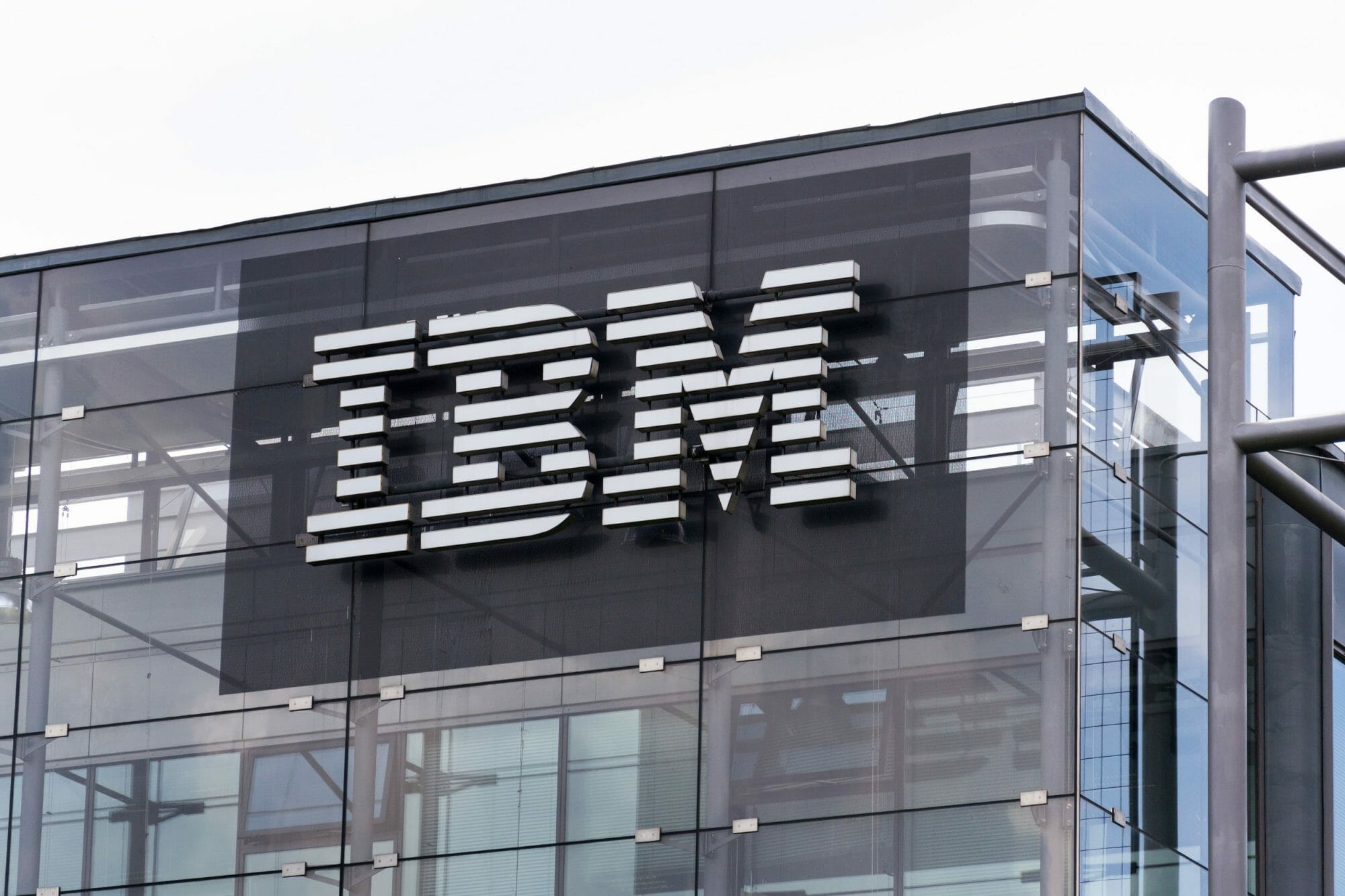IBM Exits Nigeria, Key African Markets, Transfers Operations to MIBB

American technology giant IBM has announced the cessation of its direct operations in Nigeria, Ghana, and several other African markets, shifting its regional functions to MIBB, a subsidiary of the multinational IT and telecommunications conglomerate Midis Group.
This transition, set to take effect from 1 April 2025, marks a significant shift in IBM’s operational strategy on the continent.
Under the new arrangement, MIBB will assume full responsibility for marketing and selling IBM’s products and services across 36 African countries.
This partnership will provide MIBB’s extensive sales network with direct access to IBM’s portfolio, including software, hardware, cloud solutions, and consulting services.
IBM disclosed the development in an email to TechCabal, emphasising that MIBB will manage local customer relationships, support services, and operational responsibilities across the region.
IBM’s exit from Nigeria ends an era spanning over five decades, during which the company played a crucial role in the country’s technology landscape.
The firm was deeply involved in providing infrastructure and consulting services to key industries, including banking, telecommunications, oil and gas, and government institutions.
Notably, major banks such as Zenith Bank have long relied on IBM’s high-end storage and computing solutions. However, in recent years, rising competition from global tech firms such as Dell and Huawei – both of which have strengthened their presence in Nigeria’s banking sector – has contributed to a declining market share for IBM in the region.
IBM’s challenges in Africa mirror broader financial struggles at the global level.
In 2024, the company reported a 2% decline in consulting revenue, amounting to $5.18 billion, while infrastructure sales dropped by 8%. Nevertheless, IBM recorded an overall 1% revenue increase, reaching $17.55 billion, driven by a 10% rise in software sales, which climbed to $7.92 billion.
Despite these setbacks, the company posted a net income of $2.92 billion in the fourth quarter of 2024 and remains optimistic about its future. IBM forecasts at least 5% revenue growth in 2025, supported by an anticipated free cash flow of $13.5 billion.
While IBM’s withdrawal from West Africa signals the end of its direct presence in the region, the long-term effects on local businesses, government partnerships, and technology infrastructure remain uncertain.
The transition to MIBB is expected to introduce new opportunities for innovation and enhanced support services, but it also presents challenges for enterprises that have historically depended on IBM’s solutions.
Industry experts believe the full impact of this strategic shift will become evident in the coming months, as African businesses and government agencies adapt to the new operational framework under MIBB.







